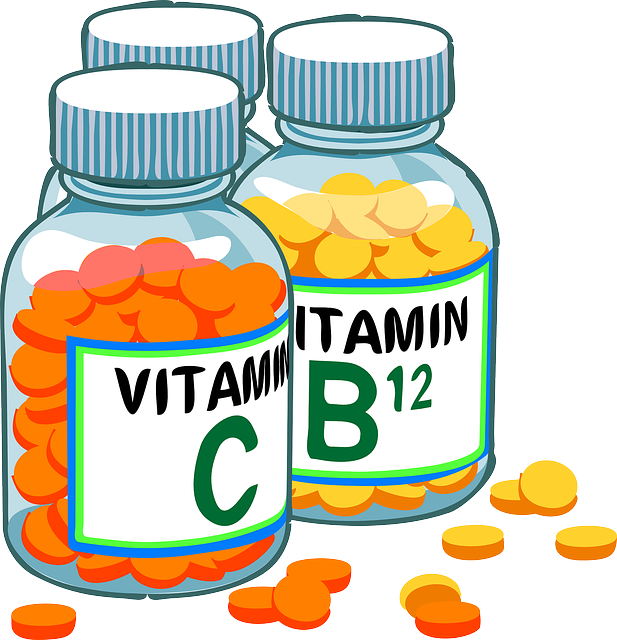How important is it for children to take multivitamins, especially if a child can be quite a picky eater?
According to the American Academy of Pediatrics Committee on Nutrition, healthy children who are growing normally and consume a varied diet don’t need routine supplementation with vitamins and minerals. The Committee states that if parents wish to give their children supplements, a standard pediatric multivitamin generally poses no risk.
Are there any signs of nutrient deficiencies to be aware of?
There are signs of nutritional deficiencies in children that parents can watch out for, including:
- Depression/Anxiety: These may be caused by lack of essential amino acids to produce proper levels of neurotransmitters. Protein is the source of amino acids.
- Hyperactivity: Children with hyperactivity or restlessness tend to have poor bacterial flora and digestion which lead to malabsorption of the nutrients through the gastrointestinal track.
- Delayed speech: Speech problems can be related to a vitamin B12 deficiency. Vitamin B12 can be found in dairy products, eggs, pork, chicken, beef and organ meats.
- Dry skin and hair: Fat-soluble vitamins such as vitamins A, D, E and K2 deficiencies can cause dry skin and hair.
- Crowding of teeth: Scientific researchers have shown that crowding of teeth occurs due to nutritional deficiencies, not only in the children who eat modern, processed food but also those whose mothers did not have a diet full of fats, complete animal protein and properly prepared carbohydrates.
- Dental cavities: It is found that children who lack the minerals and fat-soluble vitamins are more likely to develop cavities.
- Getting sick often: Lower levels of immunity can be a sign of nutritional deficiencies.
- Getting tired easily: Iron deficiency can be related to lethargy. A sufficient amount of iron can be found in meat, grains, fruits and vegetables.
- Leg pain: Calcium deficiency can lead to anxiety, difficulty sleeping and growing leg pain. Drinking 600-800 ml of milk per day is recommended for small children, while teenagers should increase their intake to 1,000 ml per day.
- Obesity: No surprise, when the body does not receive enough nutrients, it needs more food. A balanced diet should comprise of animal protein fruits, vegetables and properly prepared grains, in order to gain enough fat, carbohydrate and protein as well as vitamins and minerals that is necessary for growing children.
If your child is not eating well and shows some of the signs above, contact your pediatrician.
Editor’s Note: This article is sponsored content from Bumrungrad International Hospital, originally part of the bi-monthly Ask a Doctor column. It is solely intended as general information that may be useful for parents.














